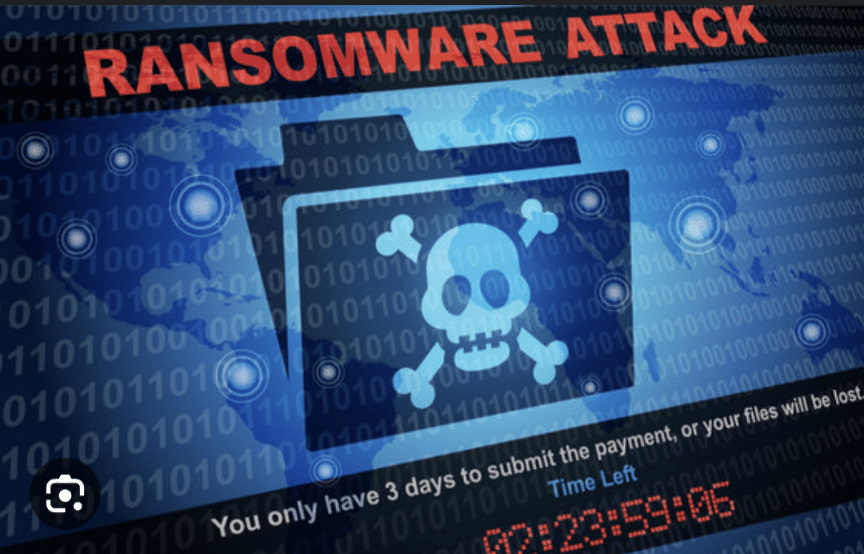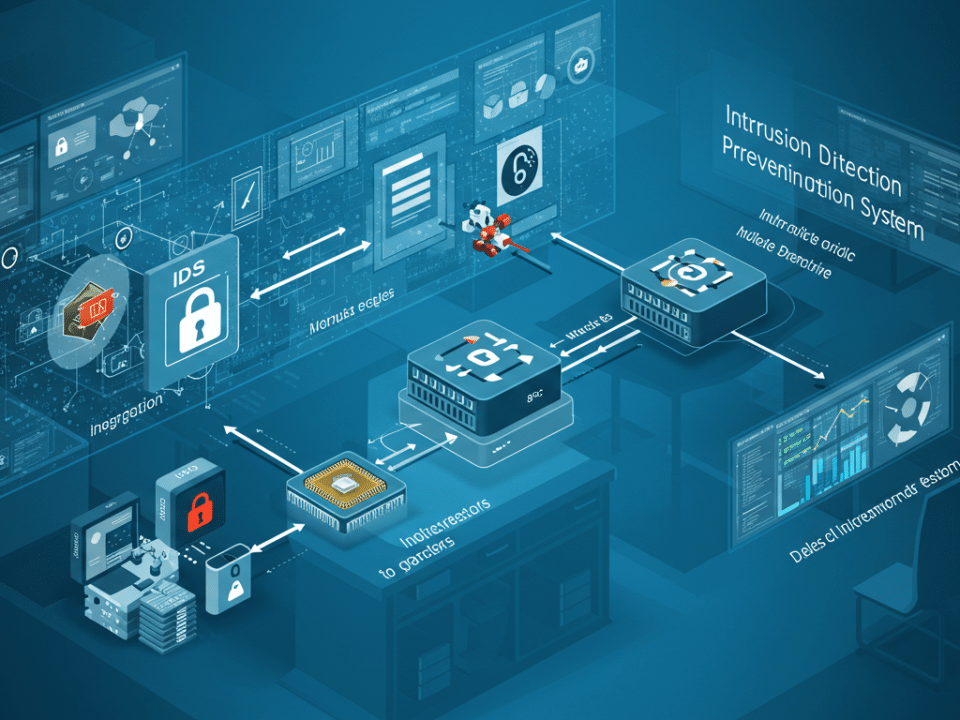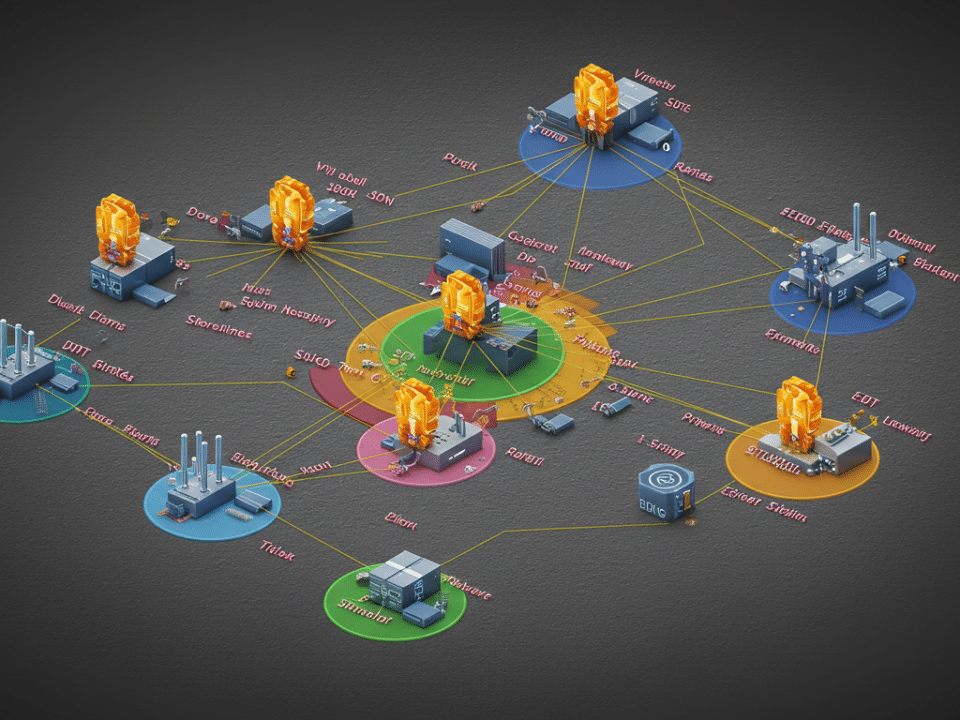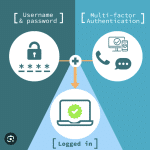
What is Multi-Factor Authentication (MFA)?
October 12, 2023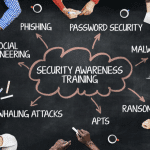
Security awareness and training: What every business needs to know
October 14, 2023Ransomware is a type of malware that encrypts a victim’s files, making them inaccessible. The attackers then demand a ransom payment in exchange for the decryption key. Ransomware attacks can be devastating for businesses of all sizes, but they are especially harmful to small and medium-sized businesses (SMBs).
Why are SMBs so vulnerable to ransomware attacks?
There are a few reasons why SMBs are so vulnerable to ransomware attacks:
- Limited resources and expertise: SMBs often lack the resources and expertise to implement and maintain effective cybersecurity measures.
- Outdated software and systems: Many SMBs use outdated software and systems, which are more vulnerable to attack.
- Lack of employee training: SMB employees may not be properly trained on cybersecurity best practices, making them more susceptible to phishing attacks and other social engineering tactics.
What are the consequences of a ransomware attack on an SMB?
A ransomware attack can have a devastating impact on an SMB. The consequences of an attack can include:
- Financial losses: SMBs may have to pay the ransom, which can be very expensive. They may also lose revenue due to downtime and disruptions to their operations.
- Reputational damage: A ransomware attack can damage an SMB’s reputation and erode customer trust.
- Legal liability: SMBs may be held liable for any damages that their customers or suppliers suffer as a result of a ransomware attack.
How can SMBs protect themselves from ransomware attacks?
There are a number of things that SMBs can do to protect themselves from ransomware attacks, including:
- Implement a layered security approach: This involves implementing a variety of security controls, such as physical security, access control, and data protection, to make it more difficult for attackers to gain access to systems and data.
- Educate employees about security: Employees should be educated about the risks of ransomware attacks and how to protect their organization’s data.
- Keep software and systems up to date: Software and systems should be kept up to date to patch any known security vulnerabilities.
- Back up data regularly: Data should be backed up regularly to a secure location so that it can be recovered in the event of a ransomware attack.
What to do if you are the victim of a ransomware attack
If you are the victim of a ransomware attack, the most important thing is to not panic. There are a few steps you should take:
- Isolate the affected systems. This will help to prevent the ransomware from spreading to other systems on your network.
- Identify the type of ransomware that has infected your systems. This will help you to determine the best course of action.
- Report the attack to the authorities. This will help law enforcement to track down the attackers and bring them to justice.
- Decide whether to pay the ransom. This is a difficult decision, and there is no easy answer. You should weigh the risks and benefits of paying the ransom before making a decision.
If you do decide to pay the ransom, it is important to use a reputable payment processor. You should also make sure that you have a backup of your data in case the attackers do not provide the decryption key.
Ransomware attacks are a serious threat to SMBs. By implementing a layered security approach, educating employees about security, keeping software and systems up to date, and backing up data regularly, SMBs can reduce their risk of becoming victims of ransomware attacks.
Additional tips for SMBs
Here are a few additional tips for SMBs to protect themselves from ransomware attacks:
- Use strong passwords and enable multi-factor authentication.
- Be careful about what links you click on and what attachments you open in emails.
- Only download software from trusted sources.
- Use a firewall and antivirus software.
- Have a plan in place for responding to a ransomware attack.
By following these tips, SMBs can reduce their risk of becoming victims of ransomware attacks and mitigate the impact of an attack if it does occur.
#ransomware #smb #cybersecurity #infosec

